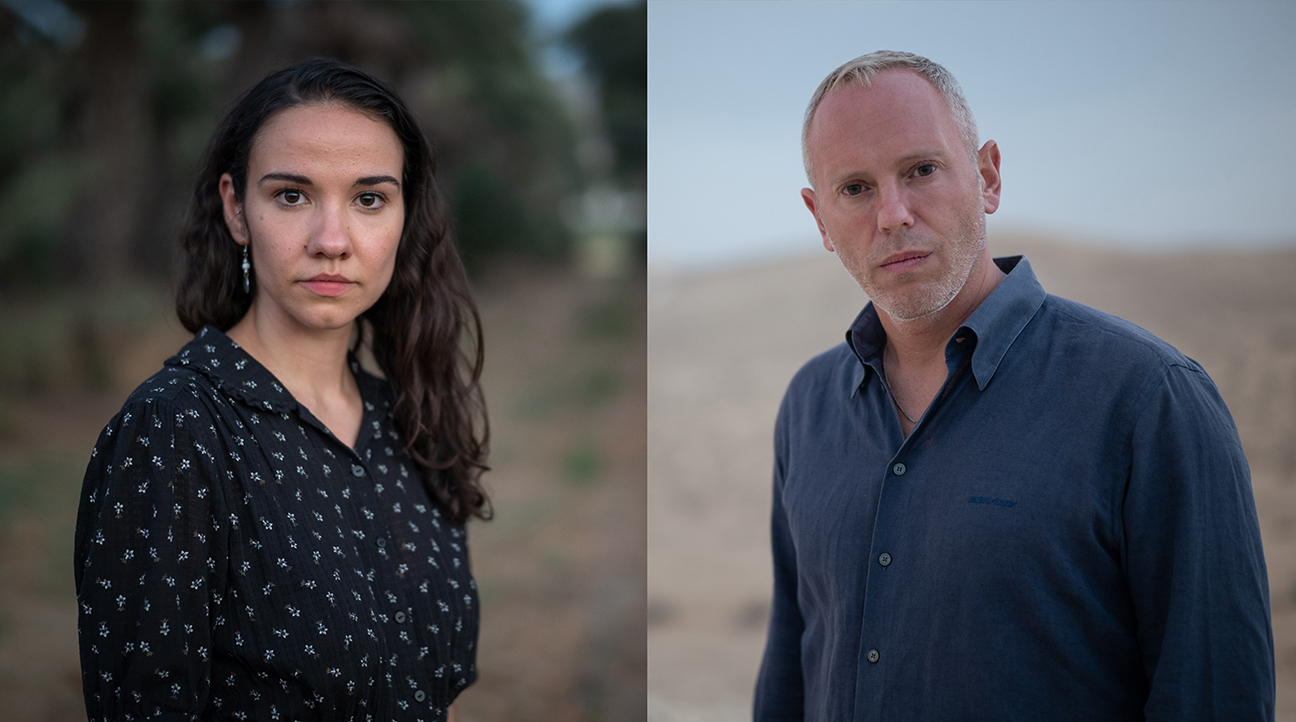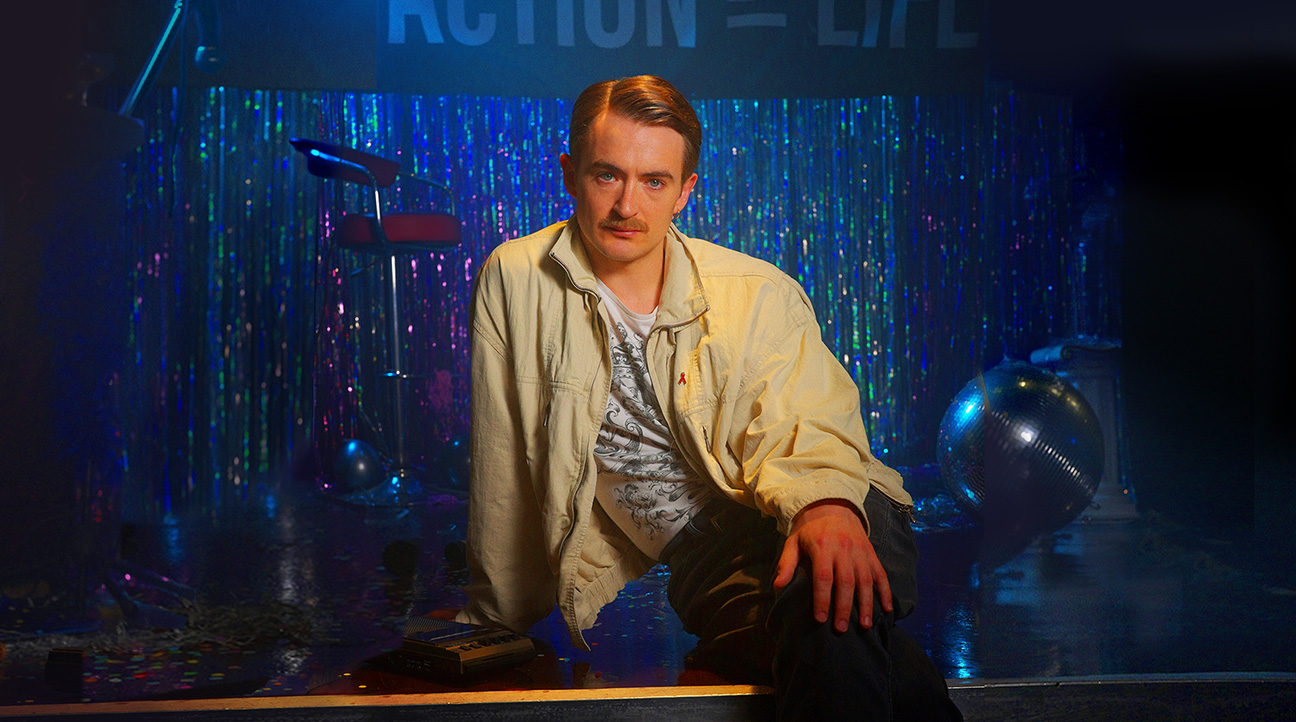Paul Kalina profiles the successful cross-pollination of a history program with celebrity gossip magazines.
TO MOST film producers, awards, earnings and reviews are the benchmarks of success that matter most.
But for executive producer Alex Graham it was reducing Jeremy Paxman, the legendary hard man of British journalism, to tears. Not just sniffling, Graham qualifies, but copious weeping.
The cause of Paxman's uncharacteristic show of emotion, which made the front pages of Britain's tabloid press, was the circumstances of his great, great grandmother's death, which spilled out when he appeared on the celebrity-cum-history series Who Do You Think You Are?
The series is a breakout hit in Britain, having started in 2004 on BBC2 before moving to the main channel, where it earns a whopping 27 per cent audience share - unheard of for a factual series other than something like David Attenborough's Planet Earth nature series.
A local version of the show is in production and is expected to air on SBS in the second half of this year.
"I'd love to tell you that I knew from day one how this show would work and take credit for everything, but the truth is I didn't," the Scottish-born Graham says from his office in London, where he is chief executive of the prolific production company Wall To Wall.
"The pleasure of making the show is it consistently surprises me. I had no idea when we went into it of the emotional power of what we were doing."
The concept of Who Do You Think You Are? is straightforward enough. In each one-hour episode a celebrity traces his or her family's history.
Graham says the original idea - devised 16 years ago, at which time the BBC commissioned very little from independent producers - "was to try to do an alternative history of Britain".
It was envisaged each episode would tap into a few big-ticket social and historic themes.
But the emphasis shifted when the very first episode was being filmed. In the course of researching the family of Bill Oddie - one of the original stars of the comedy show The Goodies and now a popular natural history presenter whose episode was intended to deal with the industrial revolution in northern England - Oddie uncovered the mystery surrounding his absent mother.
Oddie didn't know his mother never recovered from losing a five-day-old baby. She spent several years in an asylum.
For Graham, watching Oddie's reaction was one of those "I remember where I was" moments.
"At that point I realised we had something quite special; we had something else than popular history. We had a psychological or emotional dimension that I hadn't realised was there."
Although celebrities are a key element in the show's popularity, they have a levelling effect on audiences, Graham argues.
"I think in a funny way it's an up-market version of a celebrity magazine - magazines that show Victoria Beckham coming out of the supermarket or looking like she's having a bad-hair day - and I think Who Do You Think You Are? has a similar appeal.
"What it says is celebrities are the same as you and me. Unless you come from a theatrical or celebrity dynasty, most celebrities, if you cue back one generation, their mum and dad were just like your mum and dad or my mum and dad."
Graham says ratings for the show are remarkably consistent regardless of the featured celebrity. Nigella Lawson, whose fascinating family history is explored in the episode airing tonight, divides the British public. Yet detractors and fans alike tune in, Graham says. "I think the main appeal is it creates great emotional narratives."
The challenge for the show's producers is to ensure each episode is a detective story and is spontaneous.
Graham recalls meeting veteran actress June Whitfield, who was keen to be on the show. Whitfield turned up with two archive boxes filled with papers.
"It was a terrible meeting, be



